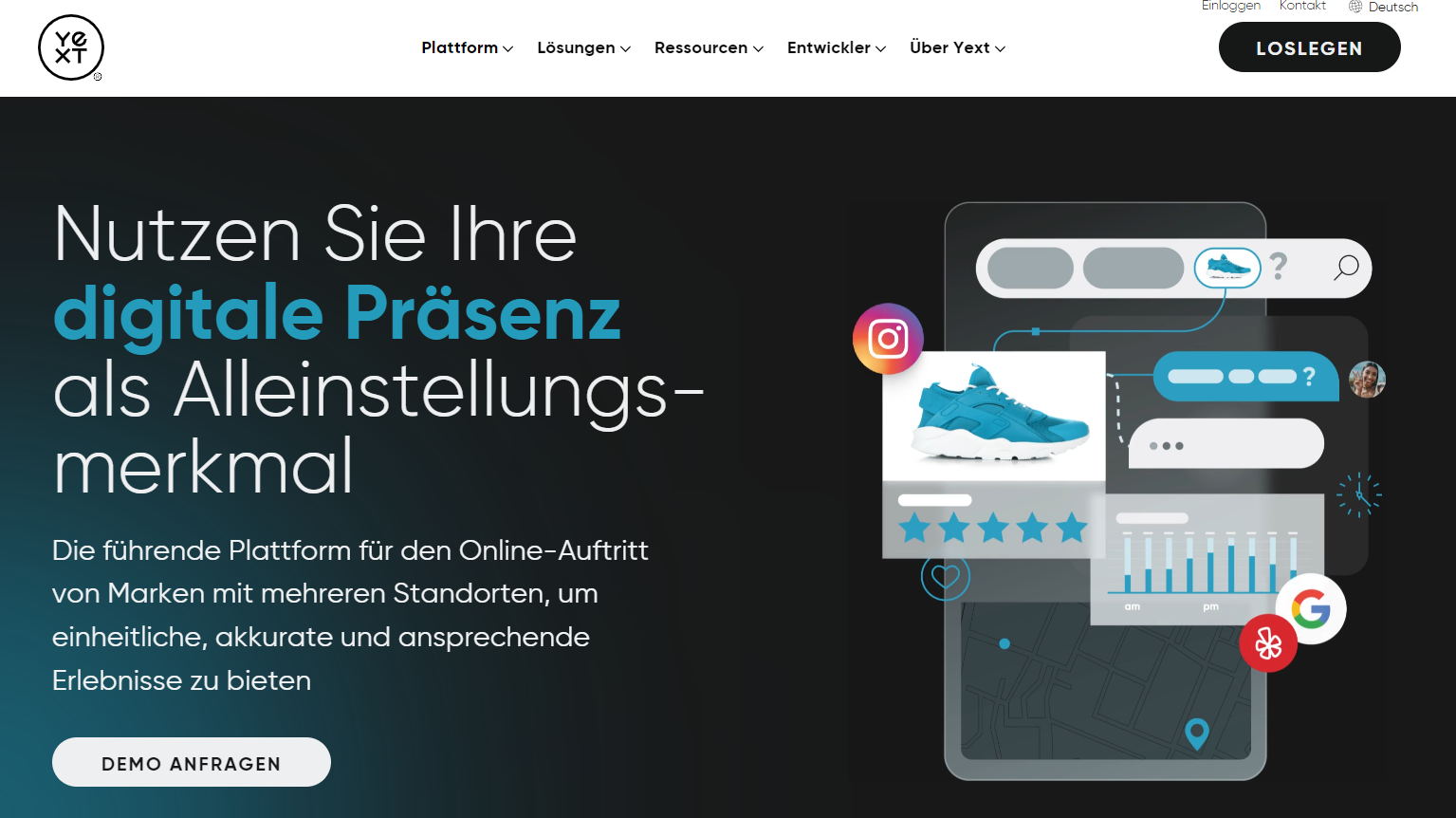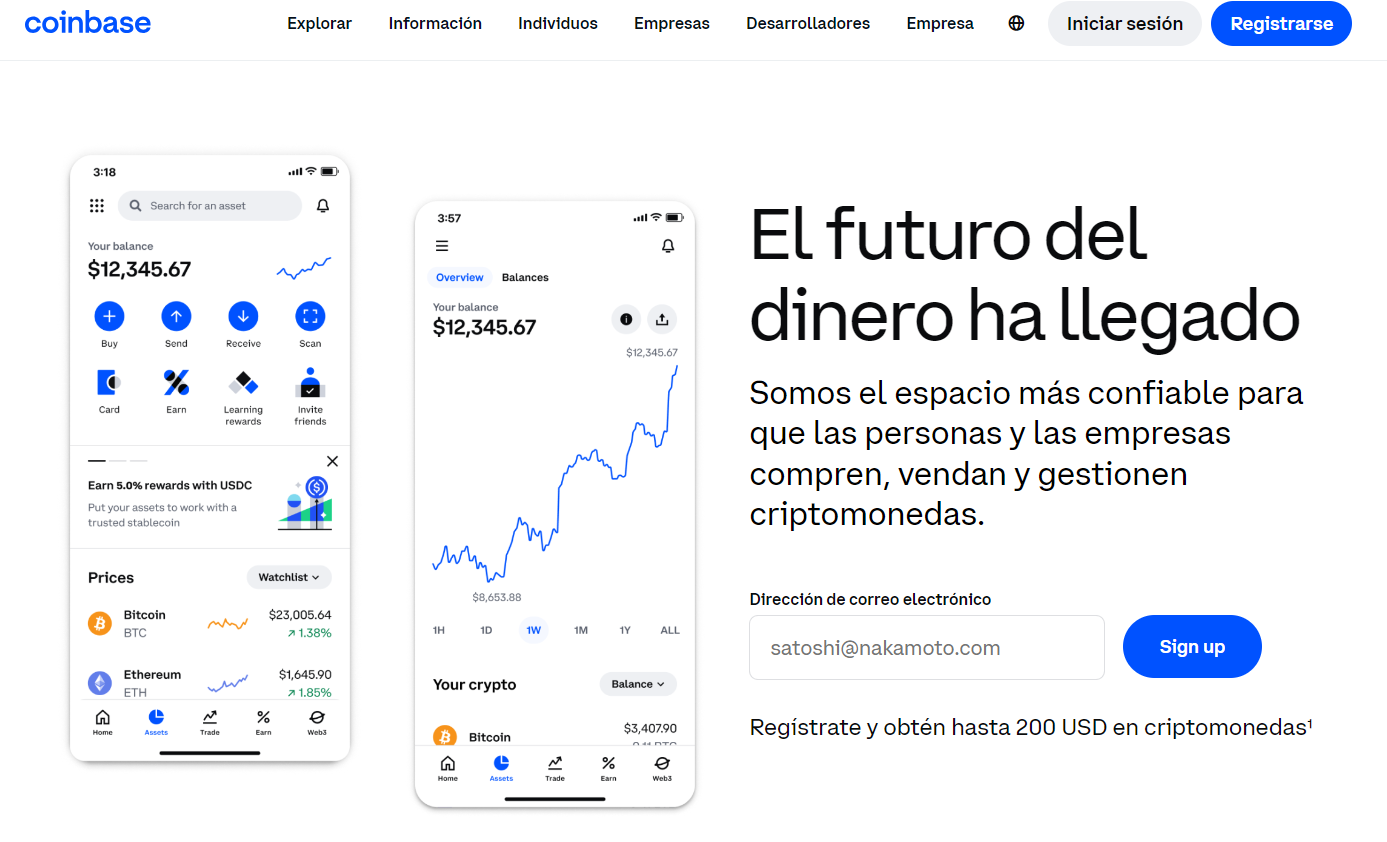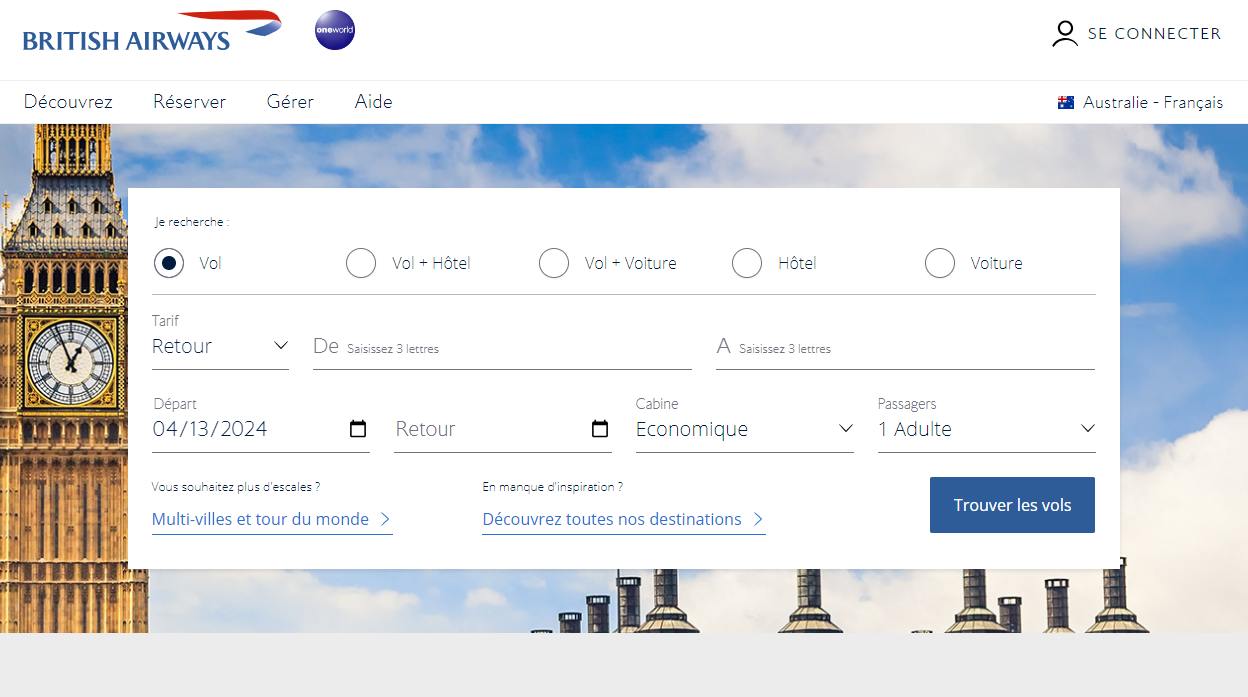Like it or not, the pandemic accelerated the world’s digital transformation. This has included increased consumer demand for online purchases and services. Naturally, more and more companies are expanding their businesses into the global market in response. If yours is among them—and if you’re overseeing enterprise-scale efforts—you’ll need the help of a language service provider (LSP).
To serve an audience in an entirely different language, you will need to translate a lot of content. Website content, marketing copy, product information, applications, reports, case studies, and offline content are just some of the many content types you may need to localize. Of course, the more languages you want to localize this content into, the more work and resources the process will take.
If you don’t have an in-house department of translators, working with an LSP will carry some key advantages. In this article, we will discuss LSPs and discover how selecting the right provider can help you with your localization needs.
What is a language service provider?
A language service provider is a company or individual that provides professional translation, localization, and other language service solutions to help your businesses communicate with global audiences. Translated content includes company websites, marketing materials, product information, and even legal and government documents.
These providers mainly use native-speaking linguists to produce translations for audiences that speak other languages to ensure high translation quality and culturally appropriate translations. To deliver consistency and efficiency, the best LSPs also employ top technologies, including translation management systems, machine translation, and localization testing tools.
What can a language service provider do?
While partnering with a language service provider has its own advantages for helping you reach global markets, they also have certain limitations.
What LSPs can do:
- LSPs guarantee comprehensive, high-quality content translations.
- They have access to a large network of native-speaking linguists with subject matter expertise. This guarantees translation accuracy, cultural suitability, and resonance with your target audience.
- Full-service LSPs can manage the entire localization process, including project management, linguistic quality assurance, and functionality testing, in order to deliver localized content.
What LSPs cannot do:
- LSPs can optimize translated content for multilingual SEO, but they cannot manage other aspects of international digital marketing, such as global paid search campaigns, localized social media management, or email marketing.
- They cannot automatically understand a brand’s identity, voice, and style preferences. Because of this, you’ll need to provide clear guidelines so that translations match your desired image and messaging.
- These providers can supply overall cultural insights, but they might not be able to elaborate on the challenges your customers face. Therefore, it's vital to complement their localization efforts with local market research and customer feedback.
The best industries and projects to use language service providers for
LSPs support businesses in various industries by helping them succeed in their global expansion goals. Here are some examples of industries and projects that need their assistance the most:
Technology
Technology is an industry that heavily depends on language service providers. Tech companies must localize their products and services and translate their user interfaces to allow various language markets access. These companies require LSPs that have specialized knowledge in localization engineering and testing to help them alter their products to meet each target audience’s linguistic, cultural, and functional demands.
An example of this type of company is Yext, a software company based in New York that provides a digital presence platform for multi-location brands. Since it works with brands based in various locations, Yext wanted to create a multilingual experience for its clients. However, the company found it difficult to scale its website translation volume alone.
 Yext’s website in German (Source)
Yext’s website in German (Source)
Partnering with a language service provider like Smartling helped Yext mitigate these challenges and scale its translation efforts with ease. Additionally, Smartling helped Yext achieve an 87% increase in translation accuracy and a 25% reduction in cost per word while also reducing how many words needed editing.
Fintech
Fintech companies that plan to go global have to localize their applications, user interfaces, and customer support content that target international users. Experienced language service providers that specialize in fintech can guide these companies through intricate regulatory needs and financial terminology to ensure that their products are linguistically and culturally suitable for each target market.
Even cryptocurrency companies like Coinbase rely on Smartling to centralize linguistic assets like glossaries and style guides. This ensures that these companies do not mistranslate or reinterpret terminology in a way that will cause noncompliance.

Travel and hospitality
The travel and hospitality sector relies heavily on language service providers to localize websites, booking platforms, and marketing content for international travelers. LSPs can help these companies produce interesting, culturally suitable messages that will attract global customers to their platforms to make reservations for flights, accommodations, and experiences in their preferred languages.
With Smartling’s help, British Airways has been able to launch 11 localized websites at twice the speed and has effectively reached and engaged with customers in key international markets.
 British Airways’ website in French (Source)
British Airways’ website in French (Source)
How to choose a language service provider: 4 factors to consider
Selecting the right LSP for your business is all about understanding your objectives and choosing the provider that best suits your needs. Here are several factors worth considering:
1. Standards for qualifying translators
Translators’ qualifications directly impact the quality of the language services you receive. Don’t hesitate to ask how the language service provider qualifies its human translators or discuss what training and experience the translators have. Are they native speakers? Do they specialize in any industries or types of content? Understanding the provider’s standards for qualifying translators will give you confidence in its ability to deliver high-quality translations tailored to your needs.
2. Industry experience
Your industry no doubt has unique terminology, key topics, and nuances that language service providers that are familiar with other industries may not fully understand. Therefore, it’s best to choose a provider that works with translators who have relevant experience. This will ensure that your message is accurate and clear and will better resonate with your target market.
3. Ease of communication with translators
There are benefits to communicating directly with your assigned translators, such as reducing the risk of miscommunication and speeding up turnaround times. However, not all companies make this easy to do. Make sure to ask whether you’ll be able to speak with translators to promptly share feedback and talk through your brand’s preferences.
In Smartling’s platform, you can communicate directly with linguists about source content or translations via the Issues feature. This keeps communication centralized—no more bouncing back and forth between multiple email threads. Additionally, direct communication allows translators to become an extension of your team and brand, which results in higher-quality translations.
4. Free translation tests
Some LSPs will perform small language service jobs free of cost so you can assess their translation quality and get a feel for what it’s like working with them. Vetting and hiring a language service provider can require a significant investment of time and other resources. Selecting the right provider from the start eliminates the frustration and wasted time of a potential failed partnership, as well as the need to find and onboard a new provider.
3 popular language service providers
With dozens of language service providers vying for your business, a shortlist can save you time and help you identify the best choice faster. Here’s what you should know about three of the most popular providers:
1. Smartling
Smartling offers a full range of translation and localization services, including transcreation, specialized translation, localization testing, language quality assurance, and more. Brands like Allstate, Samsung, Walgreens, and many more have used Smartling’s translation services, netting them an average 52% faster time to publishing, 70% increase in conversions, and 20% reduction in translation costs.
Pros:
- Smartling has an extensive network of carefully vetted, 100% native-speaking translators who leverage local expertise to deliver high-quality translations.
- Smartling provides managed services to handle end-to-end localization project management, which covers account administration, content, and resources.
Users have rated Smartling's platform as the top enterprise translation management system for 17 consecutive quarters. (Source: G2) Smartling backs its translations with a 100% translation quality guarantee.
Cons:
- Smartling typically serves larger businesses and may not be suitable for some smaller businesses.
2. RWS
RWS, one of the top language service providers in terms of revenue and one of the longest-standing with over 60 years of experience, offers end-to-end linguistic services. These include translation, globalization testing, translation quality assurance, and more.
Pros:
- RWS offers localization resourcing to fill in-house talent gaps and help customers meet increased demand.
- Besides consulting on processes and technology, the company also offers linguistic and cultural consultation.
Cons:
- RWS’s website doesn’t provide information about plans or pricing, which makes it harder to evaluate whether or not it will fit your budget.
- Trados Studio—a tool in RWS’s suite of translation solutions—is complicated, according to several users. (Source: G2)
3. BLEND
Formerly known as One Hour Translation, BLEND offers localization services in over 120 languages. This translation company also has a localization technology platform that enables project management and automation.
Pros:
- BLEND has writers available to assist with content creation in various languages.
- Its platform integrates with many content management systems, design tools, and other platforms (and will soon integrate with Smartling’s translation management system and computer-assisted translation tool).
Cons:
- BLEND’s translation services aren’t as robust as some other providers like Smartling, which offers localization testing and other interpretation services. This translation company is better suited for small to mid-market companies.
- Customers have reported some frustrating user experience issues, such as difficulty uploading files and understanding billing statements. (Source: G2)
Tips for building a strong partnership with your language service provider
Once you find an LSP, the next stage of work begins—building a healthy, sustainable, and scalable working relationship. Consider the following strategies to establish a successful partnership:
- Set clear goals and expectations up front: You should have an open discussion with your LSP about what business outcomes you hope to achieve in the partnership. Also, discuss your expectations concerning quality, turnaround times, and communication practices and come to an agreement with your provider on how you will cooperate.
- Define translation processes and workflows: Another part of setting expectations is understanding your LSP's process for document translation and review, what tools they use and how, what file formats they support, and how they will deliver the translated content to you. Just as your provider needs to know what you expect of them, you also need to know what to expect from them.
- Provide reference materials: Do you have glossaries, style guides, or other resources that would help translators familiarize themselves with your business, industry, and brand? Share these early on in the partnership, and as key details change, keep your provider updated.
- Start small and expand as trust grows: Even if your language service provider doesn’t offer a free translation test, begin with a small translation project to test your compatibility before committing to a large-scale partnership. Gradually increase the scope as the working relationship strengthens.
Choose the right language service provider for global success
Partnering with the right LSP isn’t just crucial—it's the key to unlocking a world of opportunities to expand your business globally and effectively communicate with international audiences.
At Smartling, we understand the challenges and complexities of global expansion. Our expert language services, state-of-the-art technology, and team of professionals can guide you effortlessly through the localization process.
Download our free ebook today to learn how translation services can help your business succeed in international markets.
%20052925%20-%20AI%20Translation%20101%20(1).png)
.jpg)